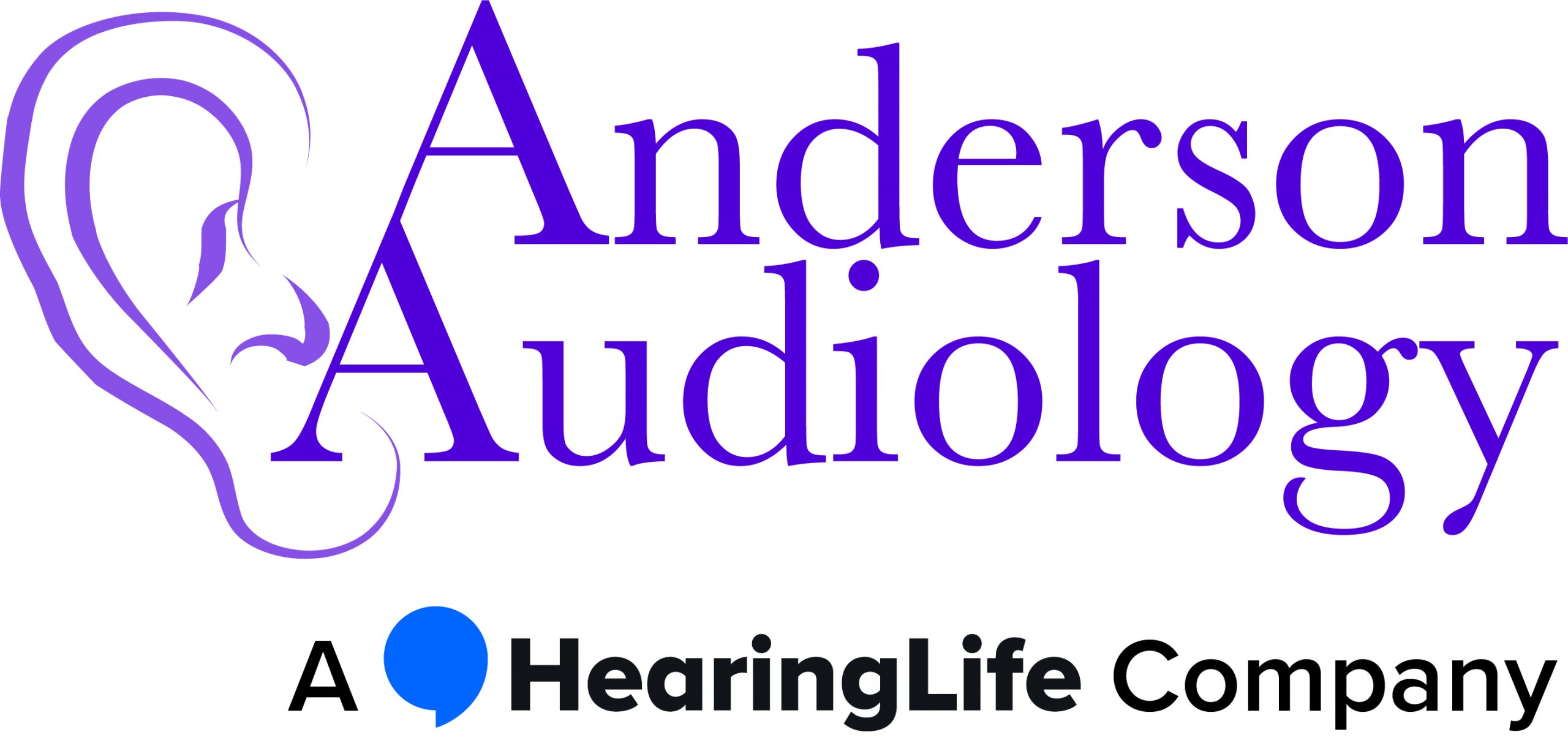Troubleshooting Your Hearing Aids: What You Should Know
If you have hearing loss, your hearing aids are one of your most important possessions, helping you communicate with those you love and keeping you connected with everything that is going on in the world. So it’s important to look after your hearing aids so they will continue to serve you well and for as long as possible.
Proper care and regular maintenance is essential and will help make sure your hearing aids are:
- Comfortable to wear
- Functioning properly
- Long-lasting
Plus – taking good care of your hearing aids avoids potentially expensive repair and/or replacement costs.
Earwax and Your Hearing Aids
Hearing aids are highly sophisticated devices worn in the ear canal where moisture and wax are present. The deeper your hearing aid sits in your ear canal, the more likely it is to be affected by moisture and wax.
If a hearing aid device is not maintained properly, wax and moisture damage can lead to:
- Gradual or sudden loss of volume
- Reduction in the clarity of high frequency sounds so that they appear muffled or distorted, or your hearing aids ‘whistle’
- Blockage in the hearing aid tubes
To avoid this, we recommend that you bring your hearing aids in regularly (approx. once every 3 months) to be cleaned by a certified hearing care professional.
At-Home Hearing Aid Maintenance & Trouble-Shooting
At Anderson Audiology, we also suggest that our patients have their own maintenance routine which should include the following:
- Store your hearing aids properly (in dry storage container / hearing aid dehumidifier) when not being worn. This will help absorb any unwanted moisture.
- Wipe your hearing aids with a tissue or cloth when you remove them from your ear. Examine them closely to see if you need to use your cleaning tools to remove wax or debris from the earphone (where the amplified sound leaves you hearing aid), the microphone and the air vent, if present.
- Use your cleaning tools carefully; do not damage your hearing aids by cleaning too vigorously.
- Do not get your hearing aids wet. They need to be removed before taking a bath, shower or a swim – unless you have waterproof hearing aids. They should also be removed at the hairdressers and before using hairspray.
- Don’t wear your hearing aids if you are sleeping or if you have an ear infection.
- Some hearing aids are fitted with wax cleaning mechanisms. Make sure that you check these daily, as instructed at your hearing aid fitting appointment.
- Lastly, don’t forget to ask your hearing care professional about any hearing aid accessories that can help you maintain and properly care for your hearing aids.
Brief Hearing Aid Troubleshooting Checklist
Your hearing aid is “dead” or there is no sound:
- Check if there is a battery in the hearing aid.
- Make sure your battery is “fresh.”
- Make sure the battery is inserted correctly.
- Check to see if there is any earwax blockage in the receiver tube.
- Check to see if the microphone is clear of any earwax, moisture or debris.
The hearing aid is working but weak:
- Check the receiver tube for earwax blockage.
- Make sure the microphone is clear.
- Check for any moisture in the tubing.
Can hear static, but no amplification:
- Possible receiver / microphone damage; the device may need servicing.
Hearing aid is getting feedback or is making a whistling / screeching sound:
- Make sure you are inserting the hearing aid correctly.
- Is there any earwax blockage in the receiver tube?
- Do you have a earwax buildup in your ears?
- Check to see if the hearing aid shell is cracked or split.
Remember, if you have any issues trying to maintain or fix your hearing aids, always contact your hearing care professional.
If you still have questions or concerns about your hearing aids, contact us today and schedule an appointment with one of our experienced hearing care professionals at Anderson Audiology.
